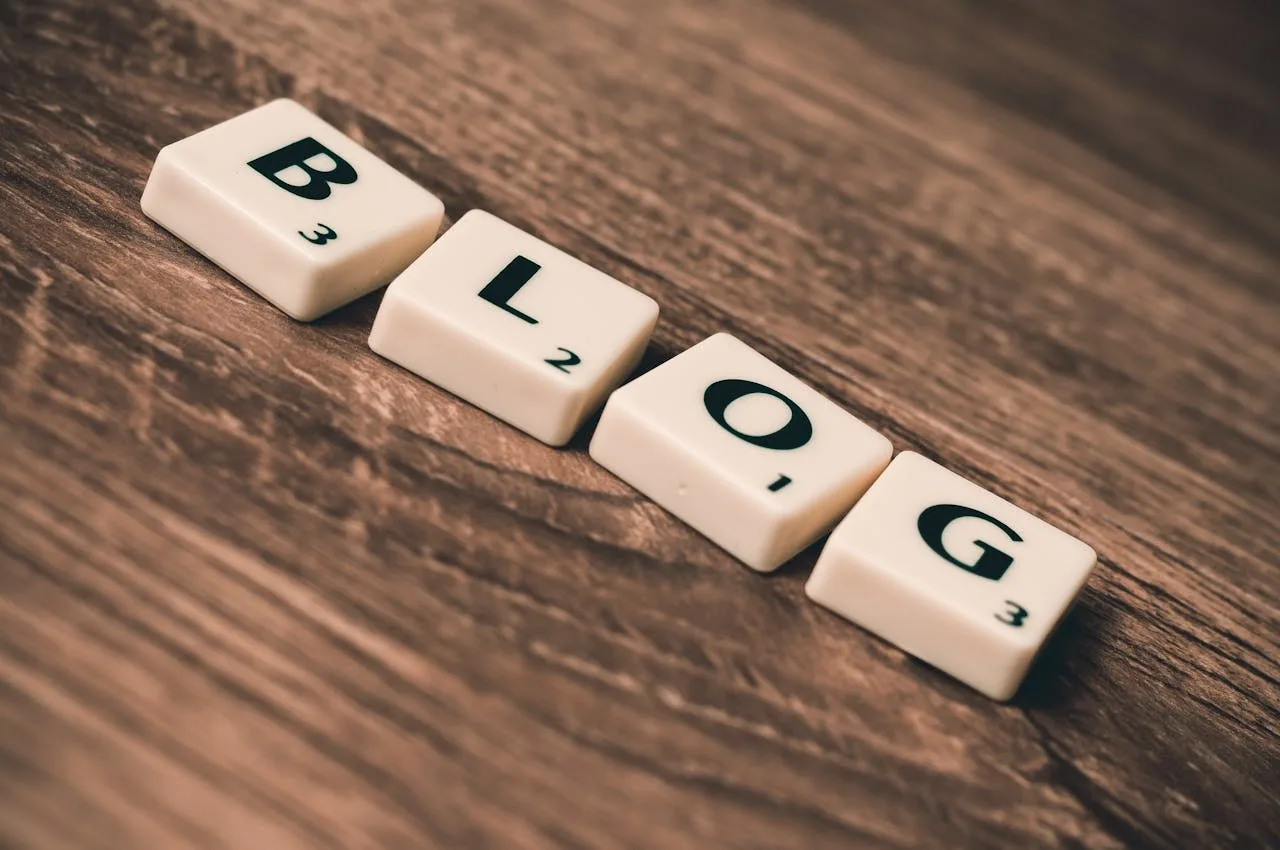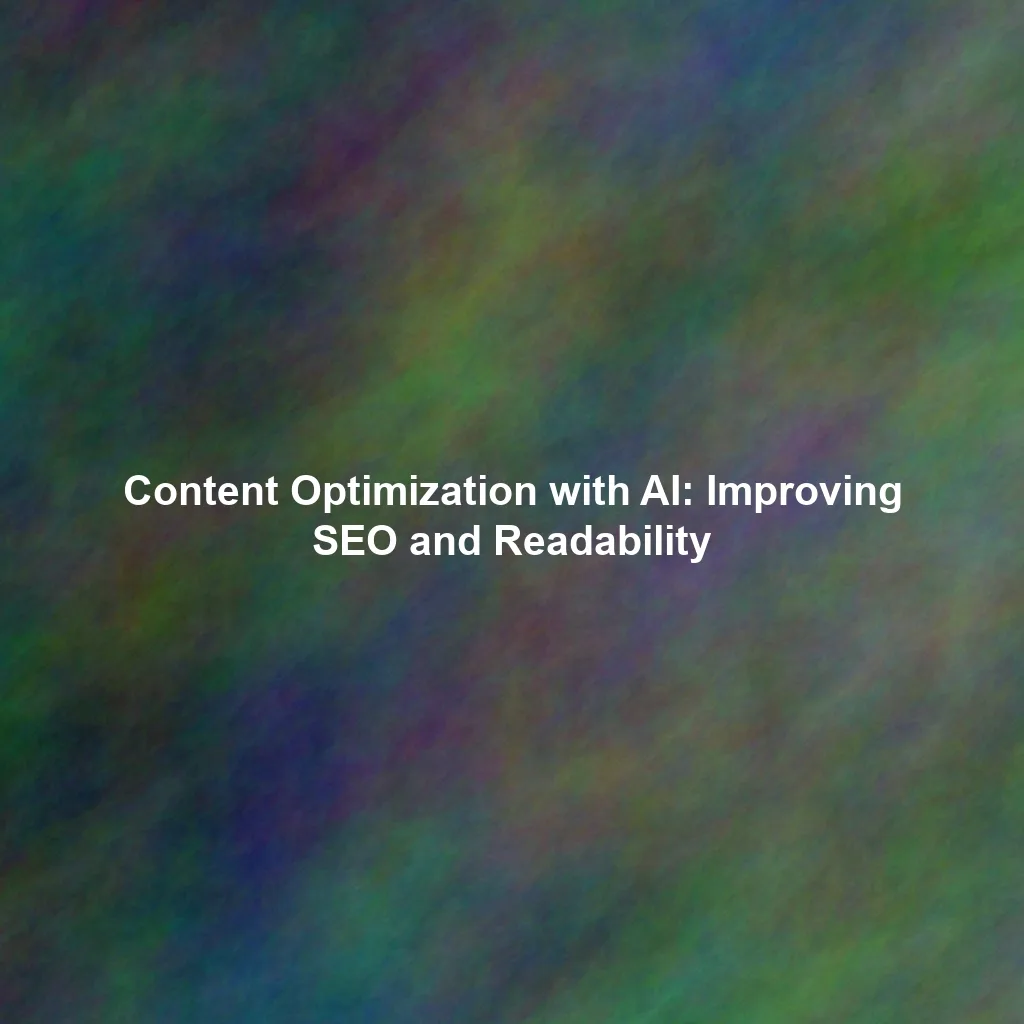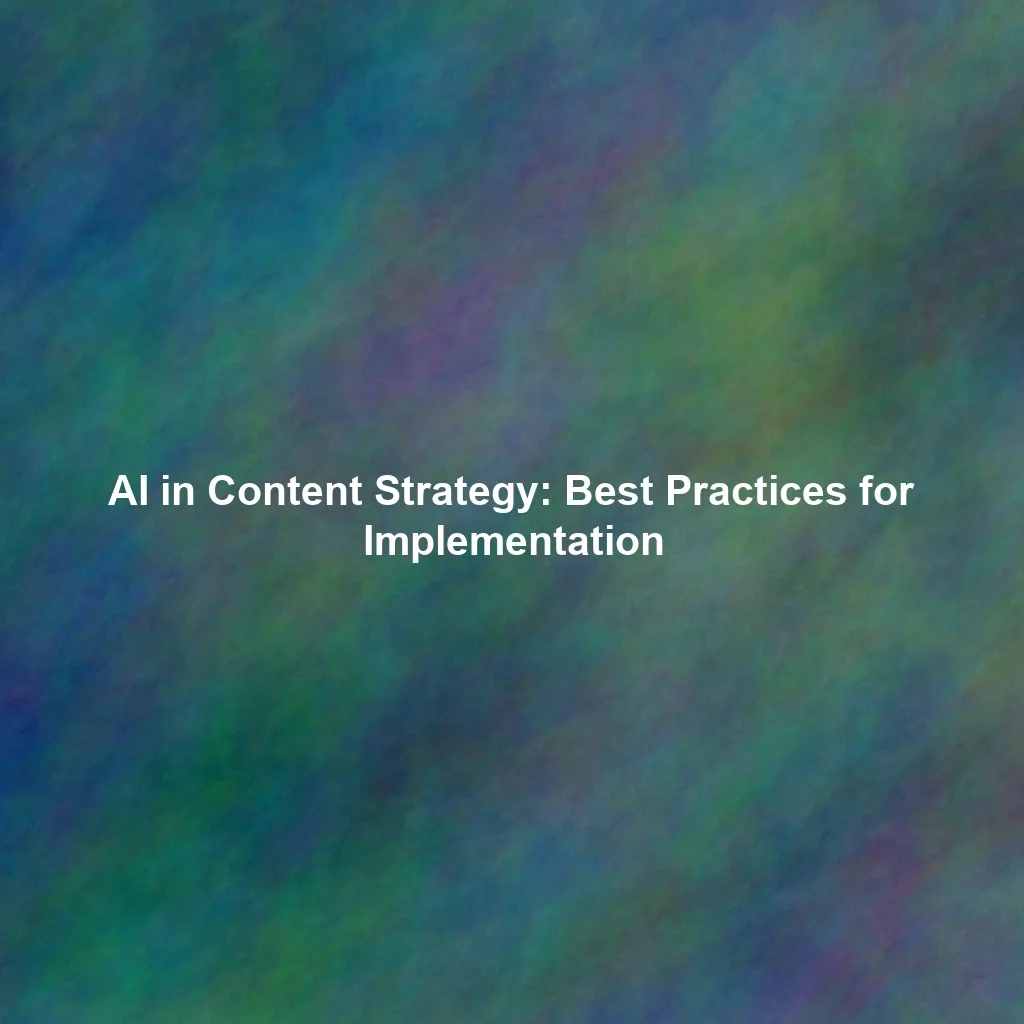Choosing the right marketing partner is a crucial decision for any business. Your agency will be responsible for shaping your brand’s image, driving leads, and ultimately impacting your bottom line. But with so many options available, how do you choose? A common dilemma is deciding between a large, well-established agency – often one of the so-called “Big Six” – and a smaller, more specialized boutique agency. This article will break down the pros and cons of each, helping you determine the best fit for your unique needs.
Understanding the Players: Big Six vs. Boutique
Let’s start with a clear understanding of what constitutes a “Big Six” agency and a boutique agency.
The Big Six: Marketing Powerhouses
The “Big Six” refers to the largest global advertising and marketing agency holding companies. While the exact composition might shift due to mergers and acquisitions, they generally include companies like:
- WPP
- Omnicom Group
- Publicis Groupe
- Interpublic Group (IPG)
- Dentsu
- Accenture Song (While Accenture is a consulting firm, its marketing arm, Accenture Song, operates at a similar scale and offers comparable services).
These behemoths are characterized by:
- Global Reach: Offices and resources worldwide, enabling international campaigns.
- Full-Service Capabilities: Offering a wide range of marketing services, from traditional advertising to digital marketing, public relations, and market research.
- Extensive Resources: Access to cutting-edge technology, proprietary data, and a vast network of specialists.
- Established Processes: Well-defined workflows and proven methodologies.
Boutique Agencies: Specialization and Agility
Boutique agencies, on the other hand, are smaller, independent firms that typically specialize in a particular niche or industry. They might focus on:
- Specific Industries: E-commerce, healthcare, SaaS, etc.
- Specific Marketing Channels: SEO, social media marketing, content marketing, etc.
- Specific Target Audiences: Gen Z, luxury consumers, etc.
Key characteristics of boutique agencies include:
- Niche Expertise: Deep understanding of a specific market or channel.
- Personalized Service: More direct interaction with senior team members.
- Agility and Flexibility: Ability to adapt quickly to changing market conditions.
- Creative Innovation: Often known for pushing boundaries and developing unique campaigns.
Big Six Agencies: Advantages and Disadvantages
Let’s delve into the specific benefits and drawbacks of partnering with a large agency.
Advantages of Working with a Big Six Agency
- Comprehensive Services: They offer a one-stop shop for all your marketing needs, eliminating the need to manage multiple vendors.
- Global Reach: Ideal for companies with international operations or expansion plans.
- Established Reputation: The Big Six have a proven track record and a recognizable brand name.
- Data and Analytics: Access to sophisticated data and analytics tools to track campaign performance and optimize results.
- Resources and Infrastructure: Extensive resources to handle large-scale campaigns and complex projects.
Disadvantages of Working with a Big Six Agency
- Higher Costs: Their services often come with a premium price tag.
- Bureaucracy: Large agencies can be bureaucratic and slow to respond to changes.
- Less Personalized Attention: You might not always work directly with senior team members. Account management can become the main interaction point.
- Potential for Lack of Focus: Your business might be just one of many clients, potentially leading to less dedicated attention.
- Generic Solutions: Sometimes, the focus on scalable processes can lead to less customized and innovative solutions.
Boutique Agencies: Advantages and Disadvantages
Now, let’s examine the pros and cons of working with a boutique agency.
Advantages of Working with a Boutique Agency
- Niche Expertise: Deep understanding of a specific market or channel, leading to more effective campaigns.
- Personalized Attention: More direct interaction with senior team members who are deeply invested in your success.
- Agility and Flexibility: Ability to adapt quickly to changing market conditions and tailor strategies to your specific needs.
- Creative Innovation: Often more willing to experiment and push boundaries.
- Cost-Effectiveness: Can be a more affordable option for smaller businesses or projects with limited budgets.
Disadvantages of Working with a Boutique Agency
- Limited Resources: May lack the resources to handle large-scale campaigns or complex projects.
- Lack of Global Reach: Typically focused on specific regions or markets.
- Limited Service Offerings: May not offer a full range of marketing services, requiring you to manage multiple vendors.
- Potential for Instability: Smaller agencies can be more vulnerable to economic downturns or changes in the market.
- Less Brand Recognition: Might not have the same brand recognition or reputation as a larger agency.
Making the Right Choice: Factors to Consider
Ultimately, the best choice depends on your specific business needs and priorities. Here are some key factors to consider:
- Budget: How much are you willing to spend on marketing?
- Business Size and Scale: Are you a small startup or a large multinational corporation?
- Marketing Goals: What are you trying to achieve with your marketing efforts?
- Industry: Do you need an agency with specific industry expertise?
- Service Requirements: Do you need a full-service agency or a specialist in a particular area?
- Company Culture: Do you prefer a more formal or informal working relationship?
For Large Enterprises with Global Reach: A Big Six agency might be the best choice, especially if you require a full range of services and have a significant budget.
For Small to Medium-Sized Businesses with Niche Needs: A boutique agency could be a better fit, offering specialized expertise and personalized attention at a more affordable price.
Don’t be afraid to consider hybrid approaches. You might engage a Big Six agency for high-level strategic planning and a boutique agency for specialized execution in a particular area like social media or content creation.
Conclusion: Choosing the Best Partner for Your Success
The decision between a Big Six agency and a boutique agency is not a one-size-fits-all answer. By carefully considering your business needs, budget, and goals, you can make an informed decision that will set you up for marketing success. Remember to thoroughly research potential partners, review their past work, and speak with current or former clients before making your final choice. Ultimately, the best agency is the one that understands your business, shares your vision, and is committed to helping you achieve your marketing objectives.
 Skip to content
Skip to content

